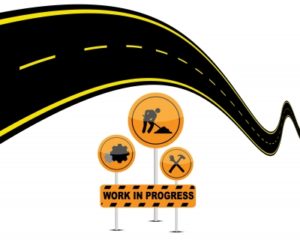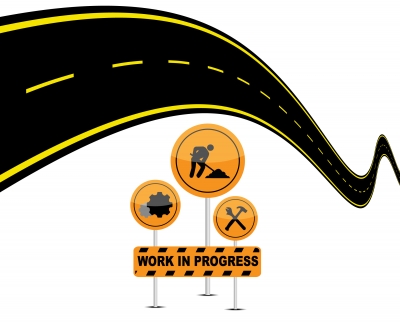 The Philippines’ strong economic fundamentals will be shaken if logistics infrastructure issues remain unresolved for too long, according to the Supply Chain Management Association of the Philippines (SCMAP).
The Philippines’ strong economic fundamentals will be shaken if logistics infrastructure issues remain unresolved for too long, according to the Supply Chain Management Association of the Philippines (SCMAP).
Nestor Felicio, president-elect SCMAP, told PortCalls that despite the announced ramp-up of infrastructure spending by the new administration, “it will take some time for (infrastructure) to catch up with the backlog and (meet) growing (needs) of the economy.”
As the country’s economy continues to improve, challenges like the traffic problem in Metro Manila and congestion in airports, particularly the main gateway, Ninoy Aquino International Airport, will continue to need resolution, he said.
Supply chain professionals will have to cope by implementing better transport planning, especially in Metro Manila, and putting up forward stock locations or distribution hubs in Visayas and Mindanao, Felicio said.
But companies “can only do so much,” he continued, adding that the government must not only meet current demand, but reduce backlog and anticipate future growth.
Thus, the supply chain executive suggests that while the government is building roads and bridges, it should not neglect the construction of logistics nodes, or linkages, so they contribute to forming a total logistics network.
“To optimize flow of goods (and people) end-to-end nationally it must be ‘demand driven’ and holistic,” Felicio said.
The government has to increase its capacity to execute all of these projects and to prioritize high-impact projects.
“A specific proposal is to reduce the ‘circuity factor’ of our transportation system, starting with line-haul routes between key cities,” Felicio said.
SCMAP, for its part, continues its advocacy to realize a world-class Philippine logistics network by supporting government infrastructure initiatives and expanding its partnership with other agencies so it can provide the “industry voice” on this matter.
The group is also upgrading the supply chain profession by providing learning and training opportunities not just at the “trade skills” level but also in the science and art of supply chain management.
In line with this, SCMAP is working with the Technical Education and Skills Development Authority to establish warehouse staff competencies, aiming to provide certification that will eventually be recognized and accepted internationally.
The organization is likewise partnering with the University of the Philippines-College of Engineering and its National Engineering Center to come up with a supply chain course “that will produce the needed supply chain professionals that remain a rare breed today.”
The Philippines’ transport infrastructure system still has a long way to go. In the World Bank’s Logistics Performance Index 2016, the country’s ranking declined further, falling 14 places to 71st place in 2016 out of 160 countries from 57th in 2014. – Roumina Pablo
(SCMAP is holding its 2016 Supply Chain Conference on September 15-16, 2016. To inquire, email secretariat@scmap.org.)
Image courtesy of Idea go at FreeDigitalPhotos.net





